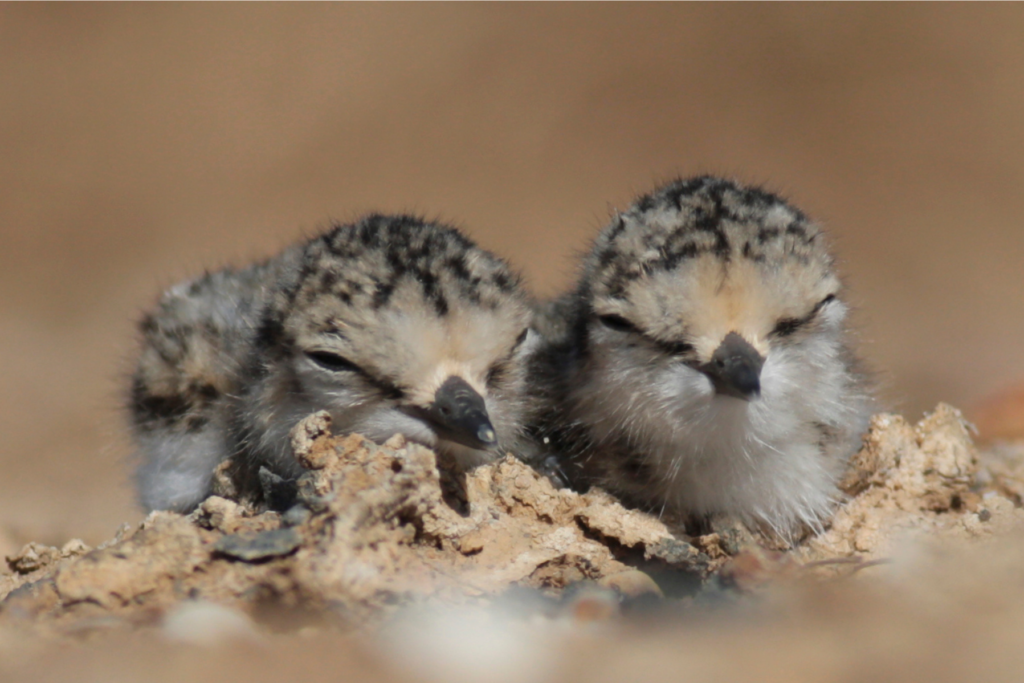The Vita Nativa Association – Environmental Conservation, in partnership with the Viridia Association – Conservation in Action, announce the “Bio-Islands Project – Requalification of Salinas and Lagoon Areas of Sapal” which aims to increase the places available for birds to make their nests and, at the same time, requalify the salt marshes and salt marshes of Olhão and Faro.
This project aims to "recover degraded environments of salt marshes and salt marshes in the Eastern Algarve, and promote the conservation of biodiversity through the implementation of artificial islands in saline tanks and ponds at Wastewater Treatment Plants (WWTP)", explains Associação Vita Nativa .
It will be implemented in salt pans in the Ria Formosa Natural Park, in the municipalities of Olhão and Faro, namely in the saline areas between the two locations and also in the lagoons of the WWTP of Olhão-Poente and Faro-Olhao.
The project started in June and will continue until February 2023, and intends to implement a series of artificial islands that are attractive for bird species to nest.
“The population decline that some of the target species are witnessing can be reversed with the implementation of these islands, which is precisely aimed at fixing individuals who use and reproduce successfully in these locations. The decrease in these bird populations is directly associated with the abandonment of salt pans and the great human pressure that exists in these habitats».
With the implantation of these islands, and the requalification of degraded salt marshes, "it will help to establish populations of breeding birds, some with declining populations in Europe", such as the cheep (Sternula albifrons), the sea partridge (pratincola gril), the tailor (Avosetta Recurvirostra) and the interrupted-legged plover (charadrius alexandrinus), among others.
“It will also contribute to the establishment of winter roosts for a number of bird species, namely shorebirds (birds that in this region of the Algarve feed mainly in marshland areas during low tide)”.
At the same time, actions to requalify the marsh vegetation will be carried out in areas where it is extremely degraded or damaged.
«Pedagogical actions will also be promoted aimed at local communities and schools, as well as those involved in socio-economic activities in the areas to be intervened, fundamental partners for the success of projects to promote and conserve biodiversity», concludes the Association.
This project has partners with ICNF – Regional Directorate for Nature and Forest Conservation of the Algarve, Águas do Algarve, Necton – Portuguese Marine Culture Company and Salinas do Grelha – Segredos da Ria.



















Comments